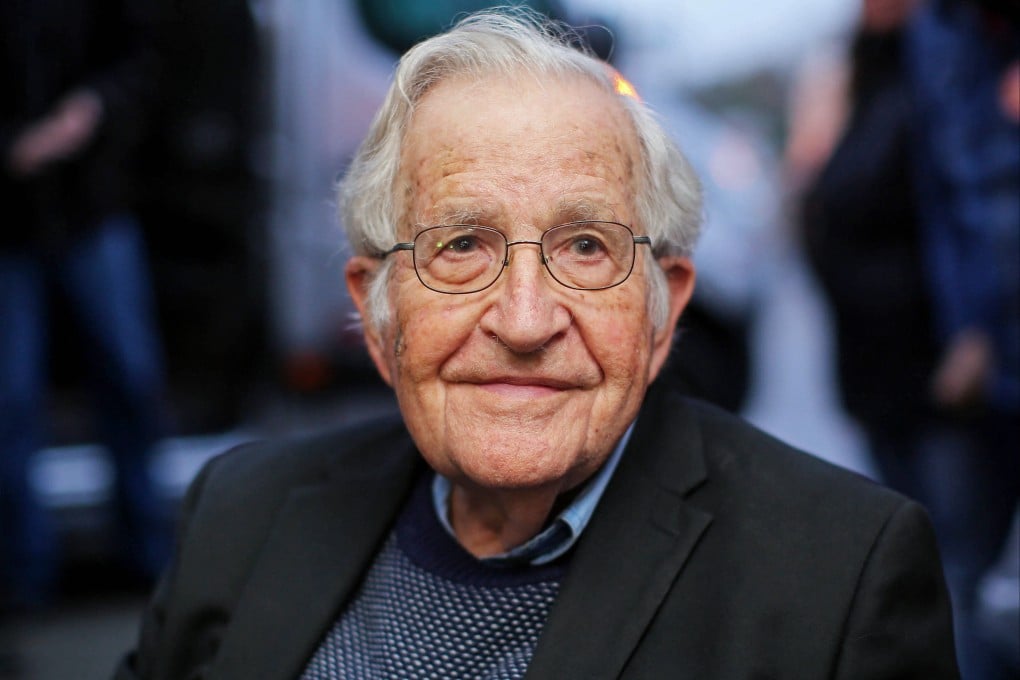My Take | The mainstreaming of long-time critic is a symptom of US empire’s decline
Few commentators are better positioned than famous linguist Noam Chomsky to make sense of how American imperialism and Israeli colonialism have morphed together during the war in Gaza that has revealed their true colours

“There is a crack in everything, that’s how the light gets in.” That’s from one of the most famous songs by Canadian singer and poet Leonard Cohen.
As a lonely immigrant Hong Kong youth in early 1980s Canada, discovering Chomsky in high school was that light for me. He was the hero of my youth, the other was – you guessed it – Nietzsche, the go-to philosopher of many an isolated and disaffected teen in modern Western society.
I kind of stopped reading them after high school. But I was provoked to write this column by an interesting new book review in Foreign Policy titled, “Noam Chomsky Has Been Proved Right: The writer’s new argument for left-wing foreign policy has earned a mainstream hearing.”
Since I have not read his new book, The Myth of American Idealism, I have nothing to say about it. But maybe impending old age makes me sometimes think about my embarrassing youth, and hence this column.
Chomsky’s huge body of political work now amounts to a sustained lifetime critique of “American foreign policy” – a pretentious misnomer that ought to be called, more accurately and simply, the American empire – and Israeli colonialism.
There is, of course, the other Chomsky, the world-famous scholar in formal linguistics, though since eclipsed by more pragmatic and empirical schools, that will nevertheless continue to be studied by advanced linguistics and philosophy students.
Chomsky has also been, perhaps even more significantly, a persistent critic of the US news media industry as a pervasive but insidious propaganda machine. This aspect of his work will likely outlast his more timely commentaries on current events.

